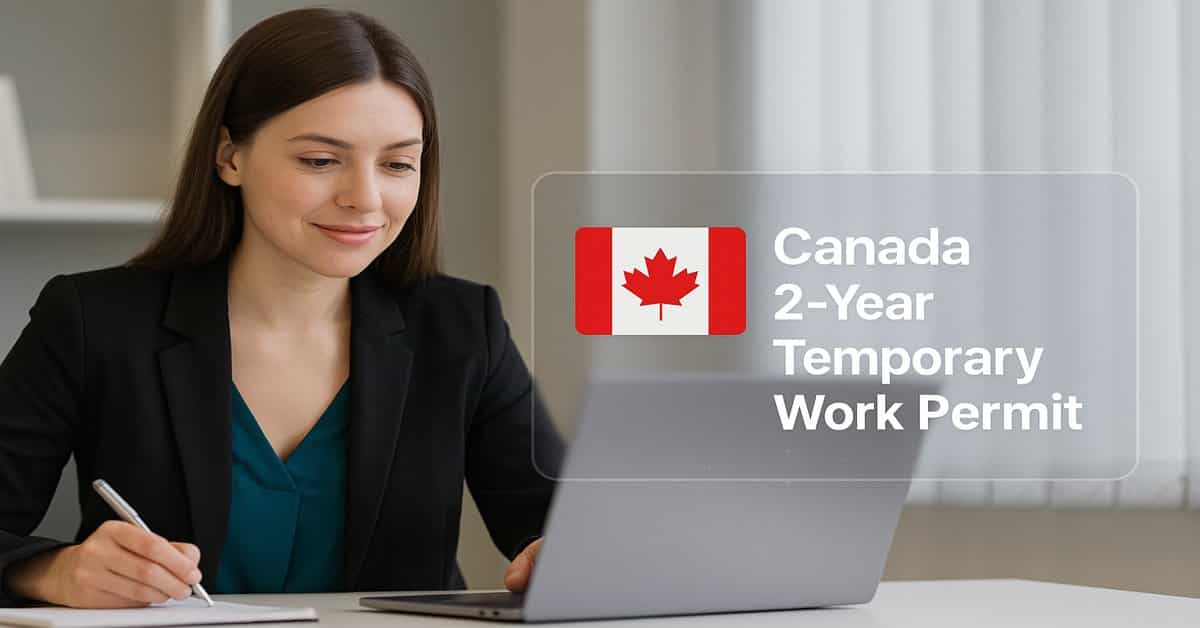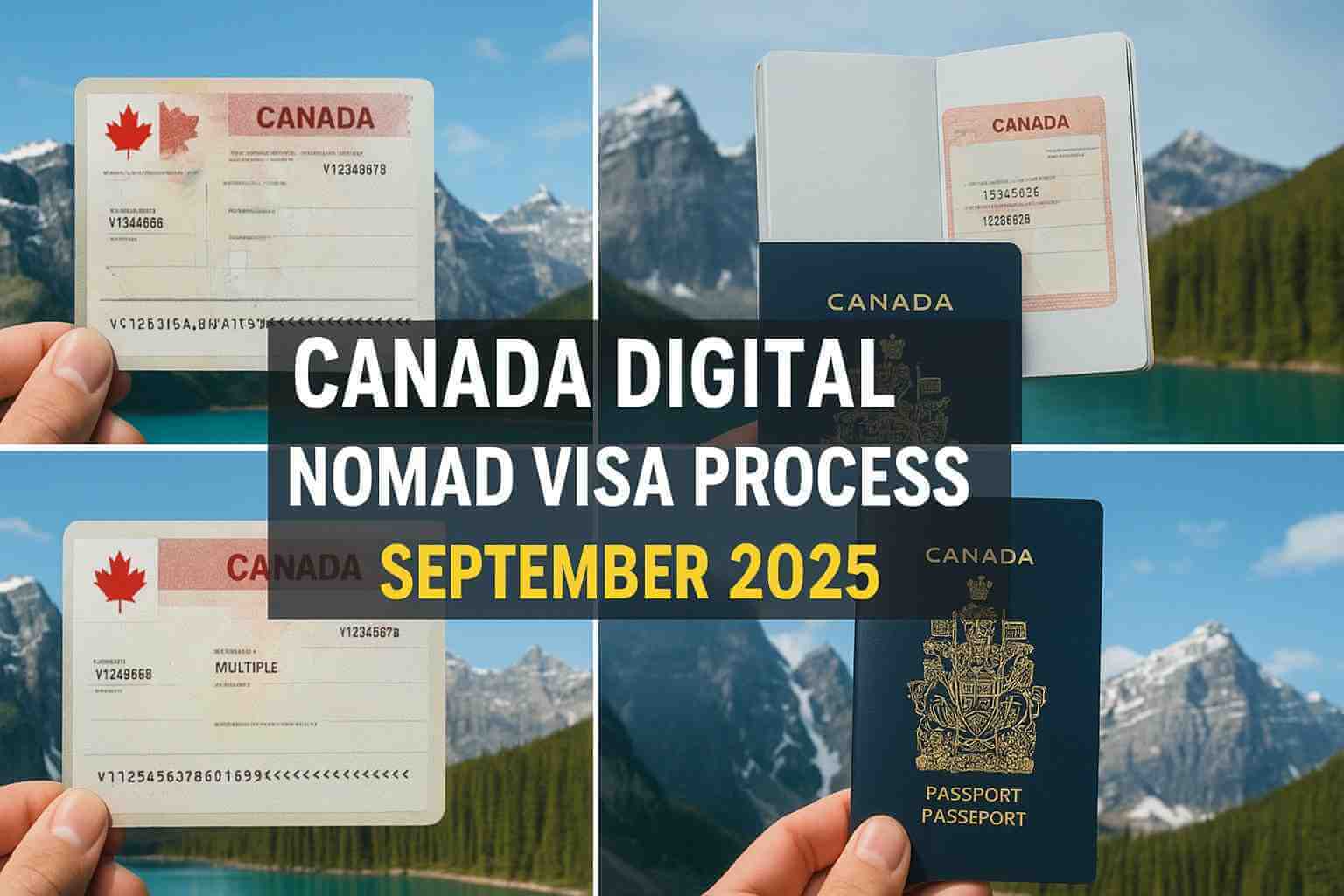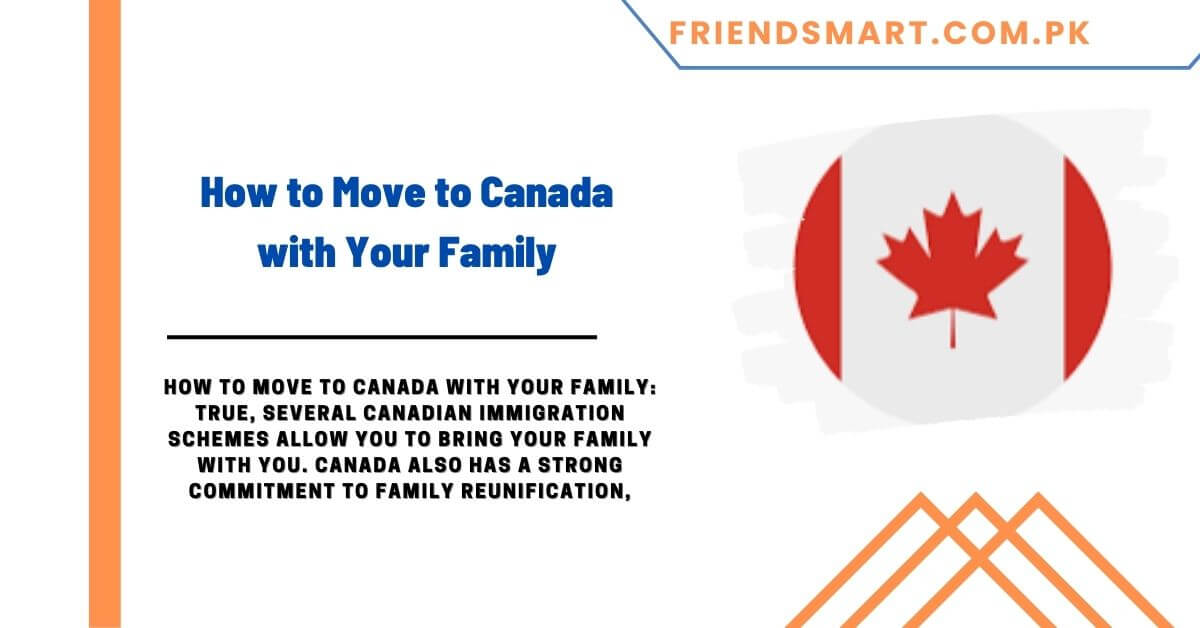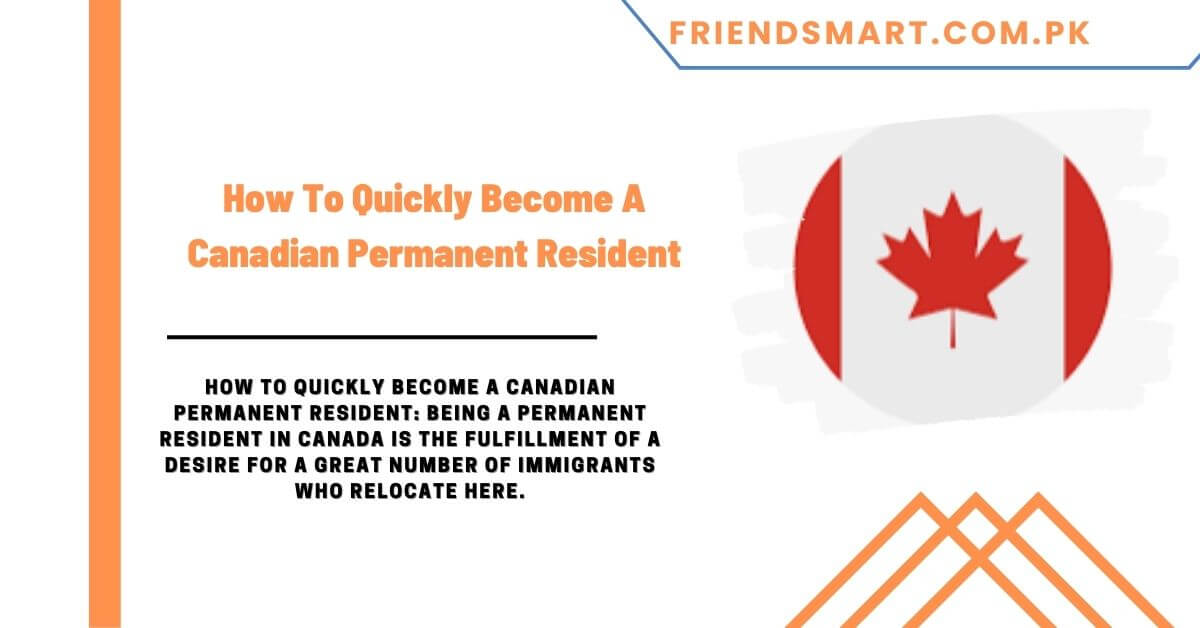Full info on Canada Visa Requirements: Complete list of documents needed to apply for all Canada visas, as well as specific documents needed for different categories of applicants.
If you want to visit Canada, you may need to apply for a Canadian visa, depending on your country of residence
Read More: Japan Work Visa Process 2023 Requirements & Procedure
If your country is on the list of countries whose nationals require a visa to enter Canada, you must apply for a Canadian visa. The type of Canadian visa you require is determined by the purpose and length of your stay. For example, if you wanted to visit Canada, you’d need a Temporary Visitor Visa. A Student Visa would be required if you wanted to study.

What Are the Required Documents for a Canada Visa?
Here are the documents required for a Canada visa:
- It’s your passport.
- Appropriate visa application form for Canada.
- Proof of payment of Canada visa fees.
- Evidence of a clean criminal record.
- A medical exam serves as proof of good health.
- Photographs that meet the photo requirements for a Canada visa.
- Proof of financial ability.
- Evidence that you will return to your home country when your Canadian visa expires.
- Documents proving one’s identity and civil status.
- A cover letter outlining the reason for your trip to Canada.
- Letter of recommendation/invitation to Canada
Age
The requirements may vary depending on whether the applicant is an adult (over the age of 18) or a minor (17 or under). On an application, only adults can be primary applicants. Minors must be listed as dependents.
There are different requirements if a minor is traveling alone. (See the visa requirements for minors below).
Passport
You must have a valid passport and any other necessary travel documents. When applying for a Canadian visa, you must submit photocopies of your passport’s information page. It must include the following items:
- The number on your passport.
- The issue and expiry dates.
- Your personal information includes your name, photo, birthplace, and date of birth.
Documents and forms
When applying for a Canadian visa, you must first obtain an Application Package from the IRCC website. There is an instructional guide, a document checklist, and all of the forms you must complete and submit.
You must submit all of the documents and forms on the checklist. These documents include (but are not limited to) passport copies, photographs, fee receipts, and other forms of identification.
Different countries may require additional documents in addition to those listed on the IRCC’s checklist. You must check with the visa office in your country to see if you require any additional documents.
Proof of paid Canada visa fees
To apply for a Canadian visa, you must pay the required fees and attach the receipts to your application. The fees vary depending on the purpose of the trip.
Fees are classified into two types:
- Fees for application processing
- Fees for biometrics
Canadian visa photos
According to Canada’s requirements, you must provide two passport photographs. If your photos do not meet the requirements set by the Canadian government, your application may be rejected.
You should bring the photo requirements with you to the photo shoot and show them to the photographer.
Proof of financial means
You must show proof that you can financially support yourself and any family members who may accompany you for the duration of your stay. You can accomplish this by doing the following:
- Statements from the bank.
- Annual earnings are shown on a letter of employment.
- Evidence that you have arranged for financial assistance from friends or family to cover the duration of your stay.
- Income documentation from your Canadian host or family member.
Keep in mind that this is not an exhaustive list, and different countries may require different types of documentation.
Proof you will return to your home country once the visa expires
You must persuade visa officers that you will return home after your visa expires. There are several approaches you could take, including:
- Employment verification. You must provide copies of your employment contract as well as a letter of employment that identifies you as a permanent employee, specifies when you are expected to return to work, and describes your role at the company.
- If you have a property in your home country, you must provide proof of ownership, such as title deeds or lease agreements.
- If you have familial ties in your home country or people to care for, such as elderly family members or children, you must obtain proof of your responsibilities.
Identity and Civil Status Documents
Photocopies of your identity and civil status documents must be submitted with your Canada visa application. Birth certificates, marriage certificates, and divorce/annulment certificates are examples of such documents.
You may be asked to provide National IDs or family or household registries in some cases.
For more information, please contact the visa office in your country.
Police clearances
You must demonstrate that you have no prior criminal records and are not a danger to Canadian society. This is possible if you obtain a police certificate or clearance in your home country.
In some cases, you may be required to provide police clearances from any country where you have lived for more than six months.
Medical exam
To obtain a Canadian visa, you must be in good health. To demonstrate this, you may be required to undergo a medical examination and submit the results with your application.
A medical exam is usually not required if you plan to stay for less than six months unless you will be working closely with people.
Your regular doctor, however, will be unable to perform the examination. A Panel Physician will be required. Panel Physicians for each country are listed on the IRCC website.
Purpose of travel
When applying for a Canadian visa, you must state your reason for visiting Canada. The requirements vary by country, but they may include:
- A letter of invitation from your sponsor or the family member/friend you will be visiting.
- Contact information for people who can help you with your stated reason for visiting.
- Any documents that support your travel purpose.
Letter of support/invitation
In some cases, you may be required to provide a letter of invitation from a Canadian. That person must be a Canadian citizen or have Permanent Residence in Canada.
You are not legally responsible for the person who writes the letter. He or she must provide you with that letter, which you must include in your application.
The following information about you (the person applying for the visa) must be included in the letter:
- Name.
- Date of birth.
- Address and phone number.
- The connection you have with the person writing the letter.
- How long do you intend to stay in Canada, where do you intend to stay, and when do you intend to leave?
- How do you intend to financially support yourself?
The following information about the writer must also be included in the letter:
- Their full name and birth date.
- Their address and phone number in Canada.
- Their citizenship or permanent residency status, as well as a photocopy of a document proving it.
- Their position title.
- Their family information (names and birth dates for his/her spouse and dependents).
- How many people live in their homes?
Canada Visa Requirements For Minors
Minors traveling to Canada must follow the same rules as all other visitors. However, depending on how they are traveling, children may require additional documentation. All minors, regardless of the mode of transportation, must carry:
- Their passport
- Copy of their birth certificate
Then, depending on whether they are traveling alone or with someone, they will need to bring the following documents:
Traveling alone: A letter of authorization signed by both parents or legal guardians is required. The letter must include:
- It should be in either English or French.
- Include the address and phone number of the parents/legal guardians.
- Include the name, address, and phone number of the person who will be caring for the child in Canada.
One parent is accompanying: A signed letter of authorization from the parent who is not accompanying them on the trip. It must include:
- The address and phone number of the non-traveling parent.
- A photocopy of the parent who is not traveling’s passport and national identity card.
If the parents are divorced but share custody, the parent in attendance must bring copies of the legal custody documents as well as a letter of authorization from the other parent.
If only one parent has custody: A copy of the custody decree must be brought.
If one of the parents has died, the other parent is required to bring a copy of the death certificate.
Bring a copy of the guardianship or adoption papers if traveling with legal guardians/adoptive parents.
If they are traveling with someone who is not their parent or legal guardian, they must have written permission from their parents or guardians. The address/es and phone numbers of the parents/legal guardians must be included in the letter.
Specific Visa Requirements
Aside from the general requirements for a Canadian visa, specific requirements vary depending on the type of visa you are applying for, such as:
Frequently Asked Questions
-
What Are the Required Documents for a Canada Visa?
Passport
Documents and forms
Proof of paid Canada visa fees
Canadian visa photos
Proof of financial means
Identity and Civil Status Documents
Police clearances
Medical exam
Purpose of travel
Letter of support/invitation -
What is the new work permit policy in Canada 2023?
Beginning April 6, 2023, these measures will allow PGWP holders who want to stay longer to participate in a facilitative process to extend their work permit, allowing Canada to retain high-skilled talent.







